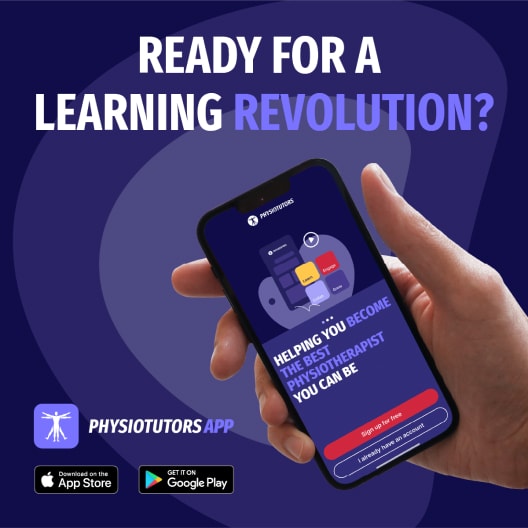Örebro Short Form

Örebro Musculoskeletal Pain Screening Questionnaire | Short Form
The Orebro Musculoskeletal Pain Questionnaire (OMPQ), formerly known as the Acute Low Back Pain Screening Questionnaire (ALBPSQ), predicts long-term disability and work absenteeism in working people suffering from acute and chronic musculoskeletal pain as a result of soft tissue injury.
Validity and Reliability
Cronbach’s alpha and ICC values for the ÖMPSQ-SF total score were 0.71 and 0.77, showing acceptable internal consistency and reliability. The concurrent validity results revealed moderate-to-strong correlations (r = 0.38-0.65) between the ÖMPSQ-SF and other reference questionnaires. The pain intensity, function, distress, fear-avoidance beliefs, and expectations domains of the ÖMPSQ-SF had the highest correlations with their equivalent standard questionnaires (Yoshimoto et al. 2022). Similar results have been reported in other studies from different populations (Özdinç et al. 2022, Ruokolainen et al. 2016)
Scoring and Interpretation (go to full version)
For the short version of the Örebro, the total score will range between 1 and 100, with a score >50 indicating higher estimated risk for future work disability.
These items are assessed on a scale of 0 to 10, with 0 indicating no impairment and 10 indicating severe impairment. Three items, however, must be inverted in order for all of the questions to be orientated in the same direction.
Short Version
The scoring technique is embedded into the questionnaire, and there are scoring boxes to the right of each item:
- In Item 1, the categories 1-10 depict time periods ranging from “0-1 week” (first box on the left) to “over 1 year” (last box to the right). Thus, “6-7 weeks” would receive a “5”;
- For items 2, 5, 6, 7, 9, and 10, the score is the number circled;
- The score for items 3, 4, and 8 is 10 minus the number indicated.
- Enter the score for each item in the shaded scoring box;
- Add all the scores to reach the total score and write it in the last shaded box.
Örebro Short Form PDF Download
Örebro Short Form Online Calculator
References
Ruokolainen, O., Haapea, M., Linton, S., Korniloff, K., Häkkinen, A., Paananen, M., & Karppinen, J. (2016). Construct validity and reliability of Finnish version of Örebro Musculoskeletal Pain Screening Questionnaire. Scandinavian journal of pain, 13, 148–153.
Copyright Notice
When available, sources are cited, and the tool’s developer retains ownership of the intellectual property. We consider that the modification and creation of these tools into dynamic, interactive, online scoring calculators is fair usage. Please email us if you believe we have violated your copyright so we can take down the offending material.

